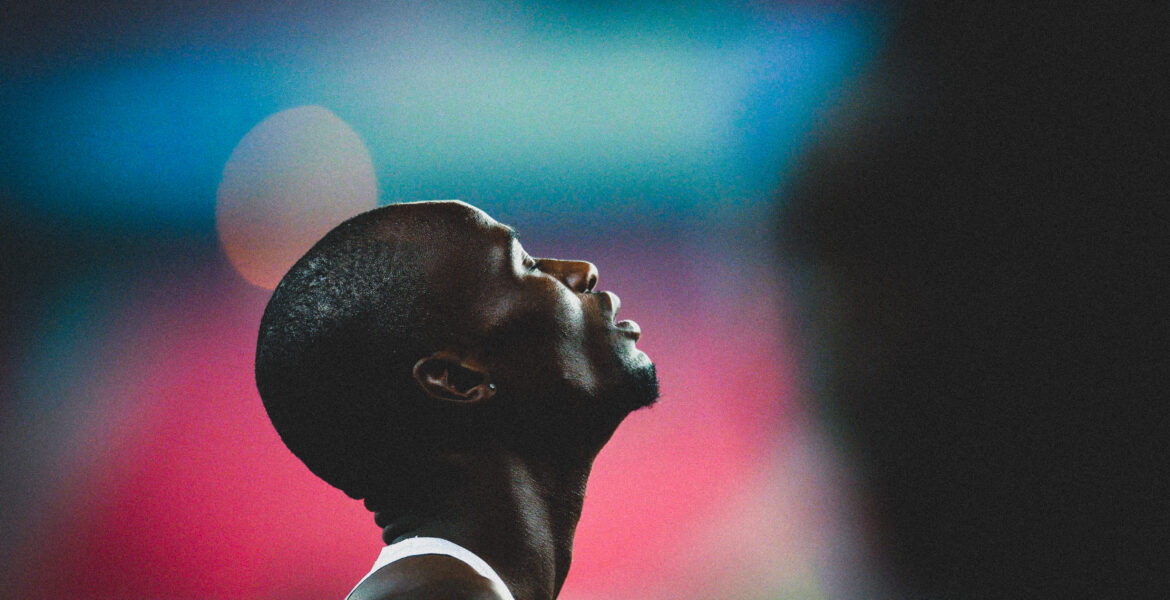A disappointed but gritty Nigel Amos says he was neglected by Botswana sports bodies and fought his case alone after he tested positive for a prohibited substance. Eventually slapped with a three-ban last week that was backdated to July last year, the award-winning athlete has vowed to return better and stronger in 2025
GAZETTE REPORTER
Botswana’s only Olympics individual medalist, Nijel Amos, has vowed to return to the track stronger than ever following his recent ban from competitions after he was found guilty of doping last week.
Amos was handed a three-year ban for doping by the Athletics Integrity Unit (AIU) after 11 months of an intensive assessment of the appeal he lodged last year.
The three-year ban was backdated to 12 July 2022, the date when Amos first tested positive for GW1516 in an out-of-competition test on 4 June 2022 in Rabat, Morocco.
Disqualified
All his results from then have been disqualified.
This means he can only return to competition in 2025, in time for the World Championships that are billed for Tokyo, Japan in September of that year. Amos will have missed two major competitions – the 2023 Budapest World Championships and the Paris 2024 Olympics.
In an interview with Gazette Sports recently, Botswana’s record-breaking athlete said although the case had “dragged on for too long”, he welcomed the verdict and will comply with it until he returns to the track even better.
“This is one of the longest doping cases in athletics history and I did my best to defend myself to come out clean, but it ended the way it did,” he said.
Prohibited substance
“This can happen to anyone and I am going to be patient and strong as I patiently serve my time out of the track. I have already served one year and there are two more to go. I know I will come back stronger than before.”
GW1516 is a substance that modifies how the body metabolises fat. It was originally synthesised and evaluated for the treatment of obesity, diabetes and other disorders caused by metabolic problems. The substance was first added to the World Anti-Doping Agency’s (WADA) prohibited list in 2009.
Disappointed
In the interview, the Rio 2016 Olympics 800m silver medalist expressed his disappointment in lack of support from local sports bodies, saying he felt neglected and alone in the case.
“The reason I lodged the appeal is that I knew I did not intentionally and knowingly take the prohibited substance because I was very confident of my abilities,” said Amos. “I fought this matter alone. I did not get any support from anyone, and this case required a lot of money.
“I had to dig deep into my pockets. I am worried about how athletes are treated in this country. They are only celebrated when they do well and find themselves alone when they genuinely need assistance and support.”
“Everything happens for a reason”
Amos is set to return to the track at the age of 32, which he believes will still be the right age for him to peak his career and win more titles. “Age will still be on my side and I am not worried,” he said. “I still hold records and times that no one has beaten and am going to come back better.
“Everything happens for a reason. God cannot put one in a situation that one cannot overcome. I shall restore my greatness.”

